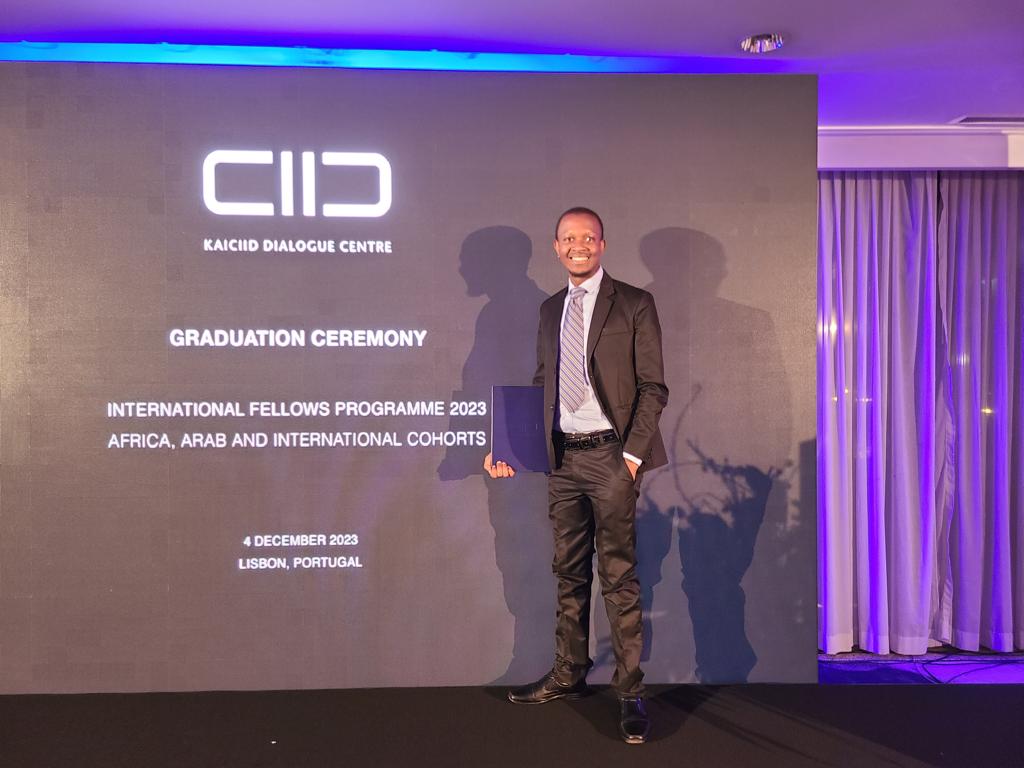From Zimbabwe to Switzerland, from Italy to the USA, JPII Leader Evans Nyamadzawo (cohort XIV, Zimbabwe) is a great example to show how academic life and dialogue training is a path of permanent formation for our JPII Leaders. In this article, Nyamadzawo tells us about the different experiences he had and how the Russell Berrie Fellowship opened the way for him to interreligious dialogue and to a new dimension of engagement which he is now pursuing with great success.
I have had the privilege of participating in prestigious fellowships worldwide, focusing on interreligious dialogue, ecumenism, and peacebuilding. Each program has been transformative, shaping my academic and practical understanding of these crucial areas.
My journey began with Ecumenism studies at the University of Geneva, where I delved into the realms of ecumenism, interreligious dialogue, and peacebuilding. During my internship at the World Council of Churches, I concentrated on peacebuilding and human rights, while my thesis explored the role of ecumenism in promoting peacebuilding and reconciliation. This academic pursuit led me to transition from Christian-centric peacebuilding to a broader religious peacebuilding focus, culminating in my becoming a JPII leader.
The JPII program, marked by exceptional academic training, site visits, and a 10-day trip to Israel, deepened my intellectual grasp of dialogue and interfaith relations under the guidance of world-class scholars. This program in interreligious dialogue complemented the experiences gained in ecumenism.
As a recent graduate and proud KAICIID Alum, I find profound fulfilment in reflecting on the entire program journey, particularly in the realms of interfaith and peacebuilding. The KAICIID program expanded my interfaith knowledge through diverse interactions, site visits, and exploration of houses of worship from unfamiliar religions. Engaging with highly qualified peers in this practical program fostered both personal and professional growth.
While the Russell Berrie program focused more on academics, the KAICIID program offered a practical perspective. Together, these programs synergize perfectly, providing a comprehensive foundation for my academic pursuits. Recognizing a missing link in my studies, I have enrolled in a Master of Arts in International Peacebuilding at Hartford International University in the United States. This program adds a vital layer to my knowledge, encompassing conflict interventions, trauma issues, and mediation, which are crucial for promoting peacebuilding from both ecumenical and interfaith perspectives.
Excitement fills me as I anticipate collaborating with colleagues from these programs. With my academic pyramid now complete—comprising ecumenism, interfaith dialogue, and peacebuilding—I aspire to establish a center in Africa or Zimbabwe dedicated to promoting peacebuilding and dialogue from ecumenical and interreligious perspectives. This dream is a testament to the transformative impact of my educational journey and my commitment to fostering understanding and harmony in diverse communities.

